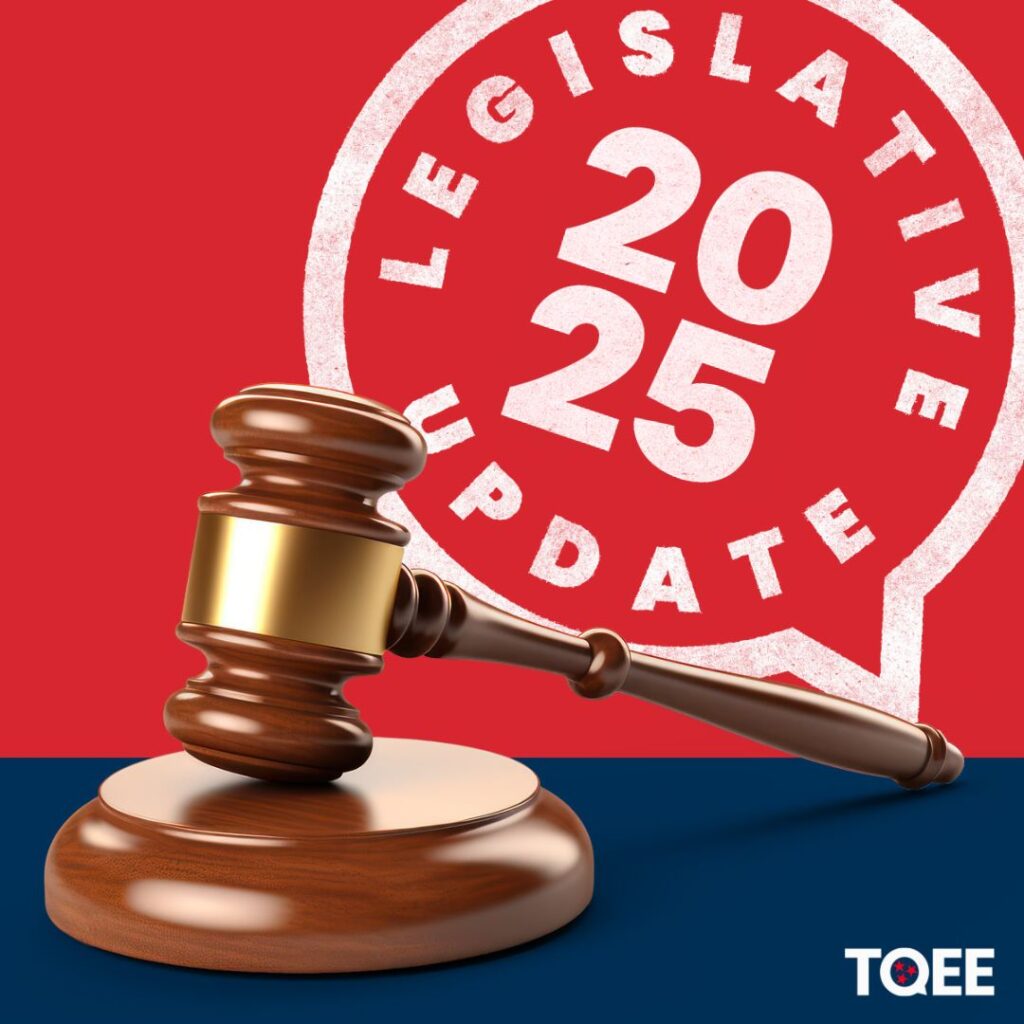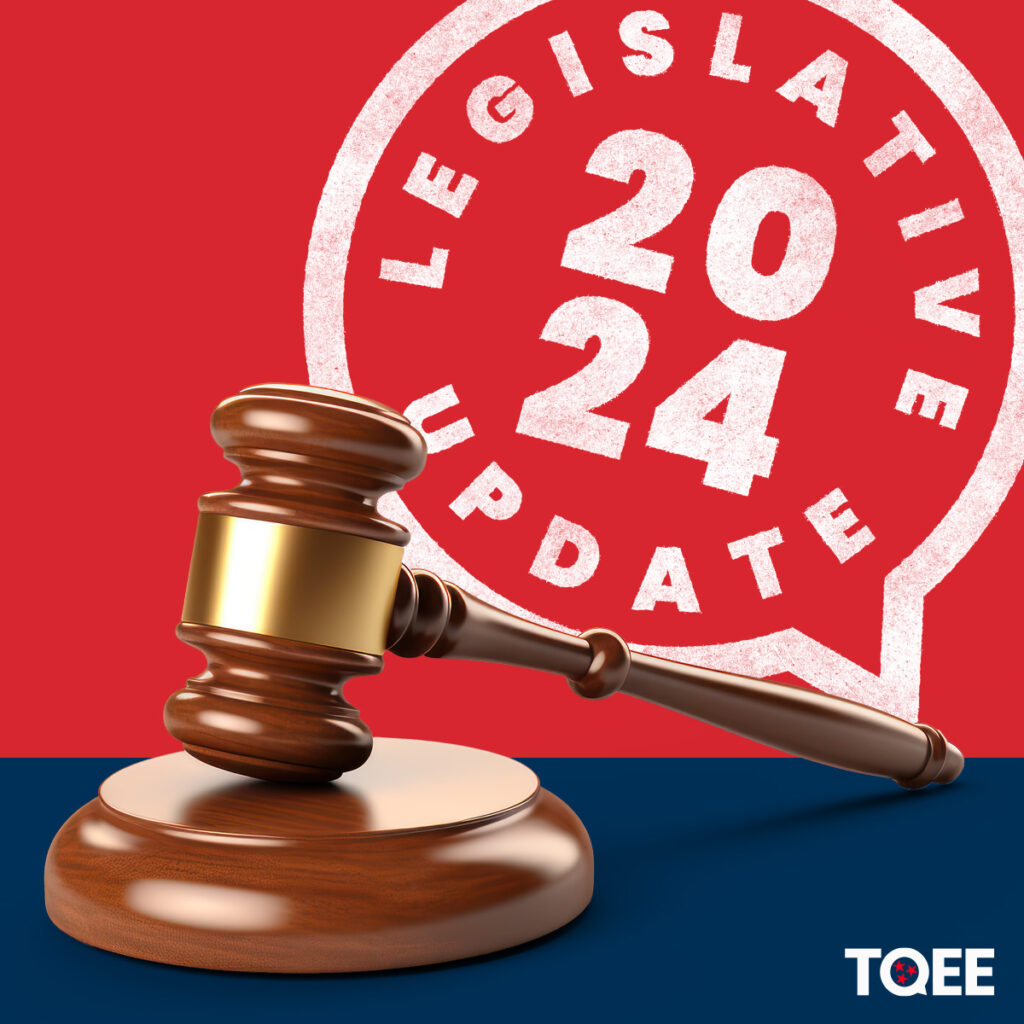Too many of Tennessee’s children start kindergarten significantly behind their peers in key developmental domains and struggle to catch up. Most children are in child care for an extended period prior to kindergarten where learning is either advanced or impeded depending on the quality of that care. Tennessee should concentrate its fragmented early care and education resources under one TDOE umbrella to best ensure those care settings support child learning and kindergarten readiness.
Expanded state investment in child care and early learning is desperately needed, both to support early educators to advance child learning outcomes and to make quality child care and preschool more affordable and accessible for working families. New investment by Tennessee policymakers is most likely when accompanied by a commitment to streamlined governance focused on learning outcomes.
Bill Summary
- Unifies child care and early learning programs under one TDOE umbrella, establishing the new division of early care and education.
- Transition planning advisory council ensures smooth transition; establishes unified system.
- Comprised of various TDHS, TDOE leaders, governor’s office, 3 non-government appointees
- Engages contracted experts on state ECE governance
- Requires a provider advisory council
- Requires mechanisms to engage parents and local communities
- Comprised of various TDHS, TDOE leaders, governor’s office, 3 non-government appointees
Current dual governance >> silos, duplication, no cohesive strategy or single point of accountability
- TDHS oversees ~2,375 child care and early education programs. TDOE oversees ~1,800 child care and early education programs including those in the state’s Voluntary Pre-K Program, special ed Pre-K, and the Head Start Coordination office.
- Each agency has their own set of quality standards, measurement systems, monitoring teams, professional development resources, and data systems – with little to no working together.
- There have been attempts at a cohesive ECE plan between the two departments – most recently the federal PDG-funded Birth-5 plan — but no unified plan has emerged.
- The Bipartisan Policy Center ranked TN 43rd among states for integrated and efficient early care and education systems.
Many states have unified governance to address fragmentation. States with goals for kindergarten readiness and early learning have unified under Education: e.g. AR, FL, LA, MD, MO, VA, and Washington D.C.
TN studies have pointed to silos, duplication and need for a unified system
- TDHS/TDOE “Taking the Next Steps” Report – 2018
“Create a coordinated early childhood governance structure; Create a unified set of standards towards one statewide ECE approval/licensing system.” - Legislatively established TN Child Care Task Force Interim Report – 2022
“Dual systems are confusing to providers and duplicative…Opportunities to create joint governance structures…TN should consider where TDHS and TDOE can better coordinate…”
Benefits of consolidating under one TDOE umbrella
- Resources aligned on delivering child learning outcomes to better prepare children for kindergarten and future grade level proficiency
- A single, cohesive strategy to deliver early care and education choice for families
- ·Single point of accountability for state policymakers and the public
- Elevated perception by state policymakers and public as to the crucial role of child care and early educators in helping Tennessee meet education goals; and in turn, potential for greater state investment
FAQs
Will the bill eliminate DHS contractors including TECTA, CCR&R, WAGE$, AimHi programs, and others? No. The bill will not eliminate any of those contractors or programs. They provide valuable services and this bill would unify under one umbrella all the good early care and education programs and services so that they work better together. This bill is about getting all “oars rowing in the same direction” so services can be made more widely available to children, families, and early educators.
Will the bill impose advanced teacher credentials on child care providers? No. The bill doesn’t prescribe specifics of a unified licensing and accountability system. That system will be developed/refined by the department with the transition advisory council that includes a provider advisory council. TDOE doesn’t impose advanced teacher credentials on child care providers today and that should continue. Like our neighbor Virginia which has unified governance under the department of education, Tennessee’s unified system should not impose advanced credential requirements on providers. Rather it should encourage and support early educators to pursue further credentials and degrees if they choose.
Will this cost the state money? The unification is intended to be cost neutral – apart from a small cost to fund the experts that will support the transition planning.
Will this save the state money? Yes and No. This bill won’t reduce overall costs – in fact the system needs MORE money to achieve quality, affordability and access. Rather, the bill is aimed at improving operational efficiency and using all the existing resources more effectively together. Once governance is streamlined and more efficient, policymakers will have more confidence that adding funding is a good investment.
Have other states unified governance? Yes, in fact this is a significant trend because there the fragmentation is common across many states. Some states have established a new, separate department of early childhood. Many states, especially those focused on kindergarten readiness, have unified under a department of education umbrella. Some of those include: AR, VA, LA, FL, MD, MO, and Washington D.C.
Will unified governance improve outcomes / has it done so in other states? Unifying goverance cannot alone accomplish the child learning and child care outcomes we all want for children and families. Rather, it is a “precondition” for improving outcomes. There are many different variables besides governance that affect outcomes — e.g. number of quality, affordable child care / preschool seats, how many families receiving tuition assistance, etc. So we can’t make an apples to apples comparison.
Download
This information, as well as a response to some statements from opponents of the bill with which we respectfully disagree, can be downloaded at this link.





